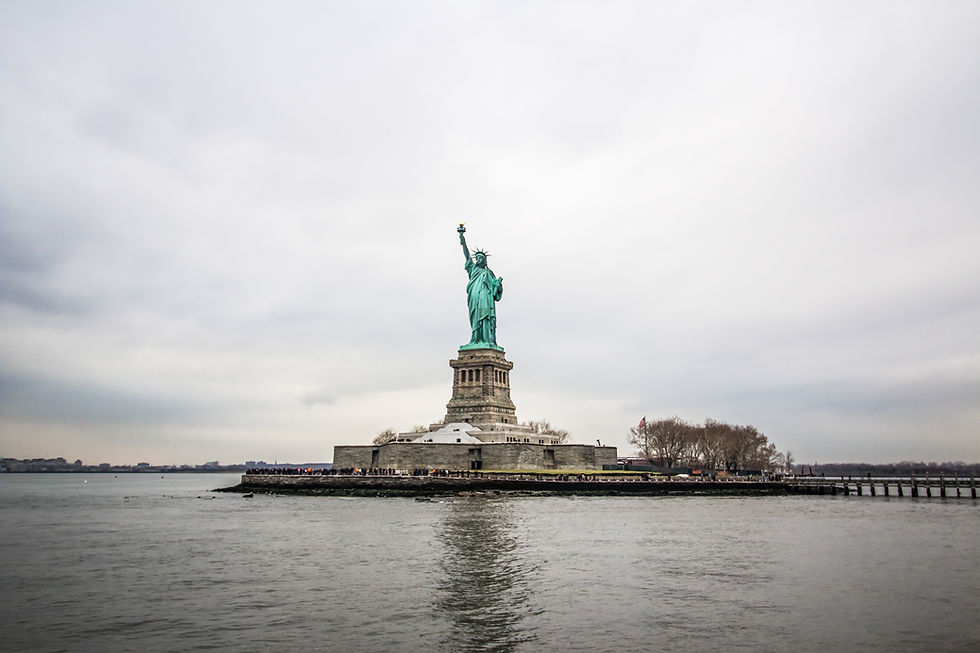Pride Month honors fight for liberty at Stonewall
- Larry Miller
- Jun 21, 2023
- 2 min read
LP has carried Stonewall's torch since 1971
Pride Month commemorates the six days of protests as LGBTQ New Yorkers fought back against police raids on Stonewall Inn.
On June 28, 1969, New York police raided the bar, a safe place for the city’s LGBTQ+ community. Angry customers and neighbors watched as police roughed up and arrested 13 staff and customers. An officer hit a lesbian over the head while trying to shove her into a police van. She shouted for the crowd to act.
The crowd responded by throwing whatever they found - pennies, rocks, cobbles. The police locked themselves inside Stonewall. The crowd tried to light the building on fire.
Demonstrations over the next five days swelled to thousands of protesters whose complaints went far beyond a raid of an unpleasant illegal bar. They demanded to be able to live equally and in peace. The Gay Liberation Front civil rights group formed in Stonewall’s wake.
About 150 people joined the first Pride march in Chicago on June 27, 1970 - the day before the first anniversary of the Stonewall riots. Thousands demonstrated the next day in New York; in Los Angeles, protesters sued and won to march.
The Libertarian Party endorsed gay rights in its first platform in 1972, and in 1976, issued a pamphlet calling for an end to antigay laws and endorsing full marriage rights.
The movement became more mainstream as pride events grew in size, showing up even in small cities across the country. On June 24, 2016, Stonewall Inn and the site of rioting became the first National Monument dedicated to gay history.
Oliver has visited pride events in Atlanta, GA, and Lawrence, KS. He will also be attending Chicago Pride this coming weekend.
“It was a Pride festival in Atlanta that brought me to libertarianism,” Oliver says. “The Libertarian Party of Georgia was doing outreach in Atlanta Pride. And that’s when I really learned that there was more than a two-party system. There’s really a party that supports everybody’s free expression and liberty - and it wasn’t Republicans and certainly wasn’t Democrats.”
Oliver’s national attention grew following his debate with incumbent Sen. Raphael Warnock and an empty podium set aside for opponent Herschel Walker. Oliver garnered over 80,000 votes and forced a runoff between the Republican and Democratic candidates.
Broadcast coverage includes PBS, CNN, Fox Business, and CSPAN. Print coverage includes The New York Times, The Washington Post, Bloomberg, and Rolling Stone, which labels him the “Most Influential Libertarian.”
Oliver is available for media interviews, as well as university journalism and communications students.
To learn more about Chase Oliver, visit votechaseoliver.com.
###




Comments